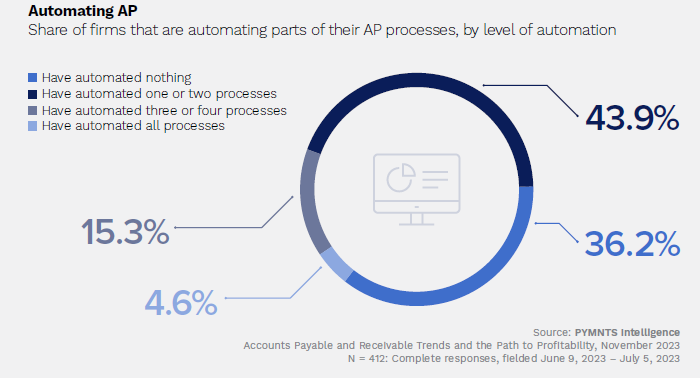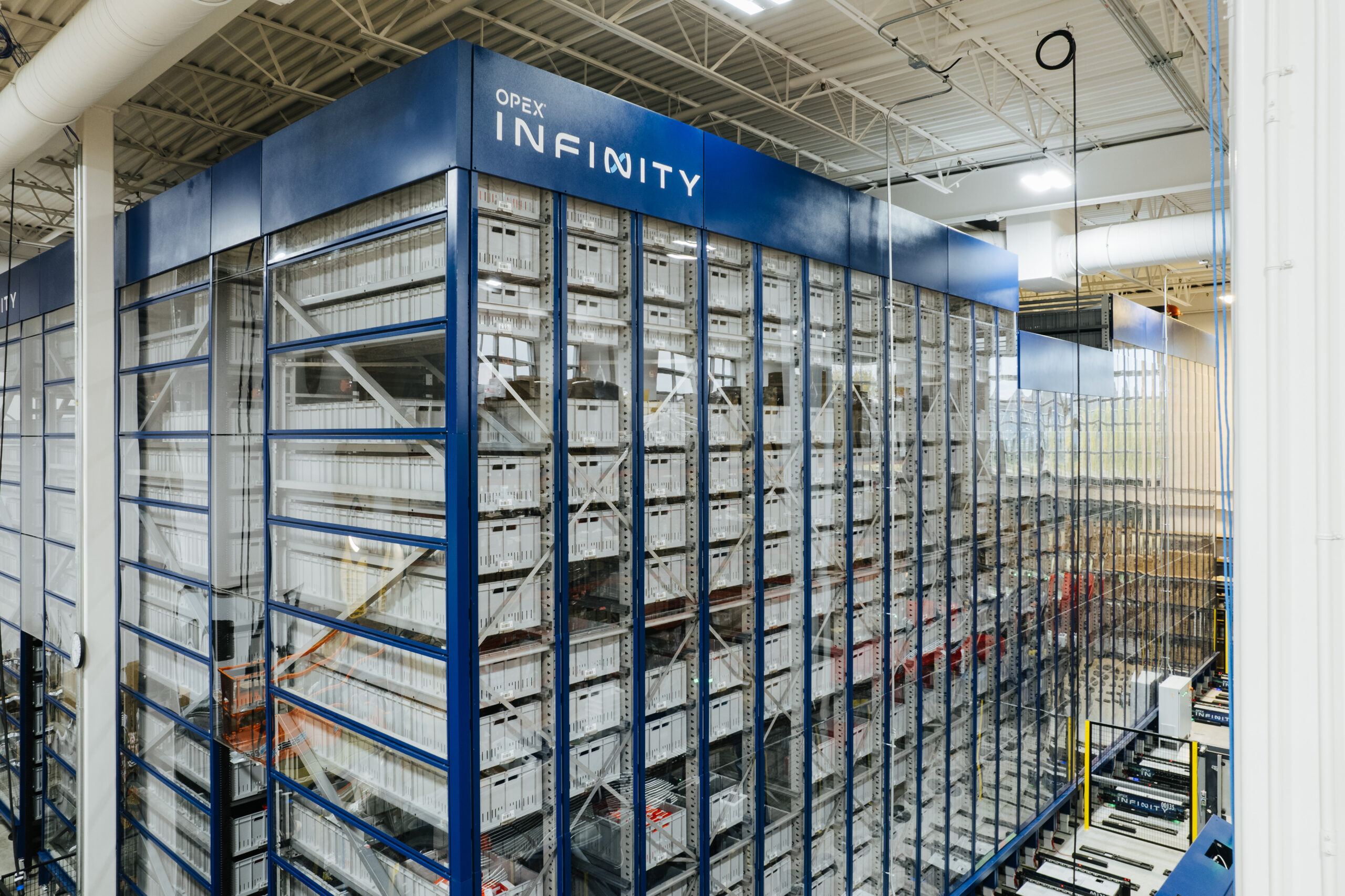Head over to our on-demand library to view sessions from VB Transform 2023. Register Here
It’s a given that most enterprises today are experimenting with large language models (LLMs) and generative AI.
Matt Carbonara, managing director at Citi Ventures — a venture investing team within Citi — puts them into two buckets.
The first: More conservative enterprises that are looking at the technology in a centralized fashion, creating centers of excellence and developing policies around how they want to experiment.
The second: Organizations that could potentially be threatened if they don’t start pushing hard with generative AI technology as soon as possible. This holds true for the customer service space, “where it’s clearly going to be massively transformative.”
Event
VB Transform 2023 On-Demand
Did you miss a session from VB Transform 2023? Register to access the on-demand library for all of our featured sessions.
Addressing the audience in a fireside chat at this week’s VentureBeat Transform 2023, Carbonara said: “Right now the change that everybody’s going through both in large enterprises and startups is, ‘Okay, how does this new technology affect me? What’s my strategy here? What’s my moat? How can I use this to my benefit? Does it threaten me?’”
From simple bots to ‘hyper-automation’
Particularly in this era of gen AI and increased experimentation, automation is still a highly important topic that enterprises are investing a lot of money in, Carbonara pointed out.
Clearly, automation is used in many different ways, he said. Citi Ventures looks at it as the use of software to automate different processes in a large enterprise: transaction processing, data processing, customer experience, customer onboarding.
>>Follow all our VentureBeat Transform 2023 coverage<<
He described automation as having gone through three phases. The first phase is what he called “RPA 1.0,” or the initial ability of software bots to manipulate digital systems. The second iteration was intelligent process automation, which is this ability to add some intelligence to that process.
Now we’re in a “hyper-automation” phase, he said, which involves performing more complex tasks across multiple systems using multiple technologies. One example: applying optical character recognition to understand what a document is, and natural language processing (NLP) to contextualize it, then feed it into an algorithm so that data can be used to make decisions.
“So it’s gone from sort of a single bot, to intelligence, to more intelligence with sort of a meta layer of orchestration and control on top of it,” said Carbonara.
Getting to a ‘golden set of data’
Today, the biggest challenge facing large enterprises when it comes to automation is data quality, said Carbonara: getting good high-quality data and creating a “golden set of data” to make informed, strategic decisions.
“Whether it be the most advanced LLM or a very simple model, if you don’t have quality data, then you have a challenge around actually getting good output,” said Carbonara.
Another bottleneck is integrating cutting-edge technologies into legacy systems. Organizations have to determine whether those systems will scale and whether they can handle demands they put on them. And, particularly in regulated industries, there has to be a level of auditability, controls and governance.
Data quality, governance key
Looking ahead, he predicted that all large enterprises will have gen AI agents of some kind that will perform different tasks. These could be thought of as autonomous agents that will interact with each other (say, a software building agent interacting with a security agent about an identified vulnerability).
Those agents will have access to some data stores, he said, so organizations will have to figure out how to create governance around that. How can agents access data and what can they do with it? Can they only read it? Or can they read and write it, update it?
“I think there’s a lot of interesting questions here for large enterprises around getting the data quality and the data governance in place to enable these capabilities that these autonomous agents are going to bring about,” he said.
VentureBeat’s mission is to be a digital town square for technical decision-makers to gain knowledge about transformative enterprise technology and transact. Discover our Briefings.










